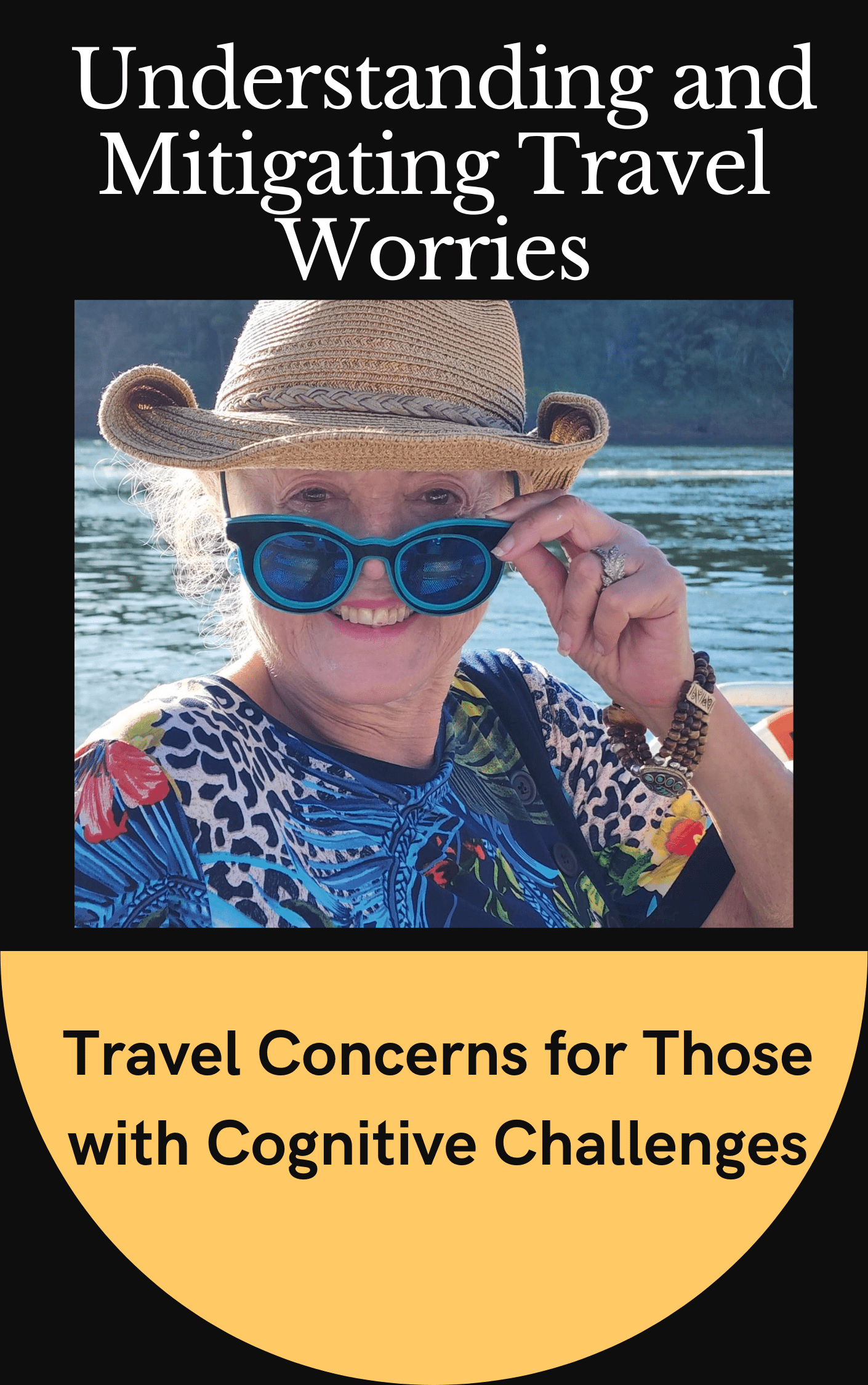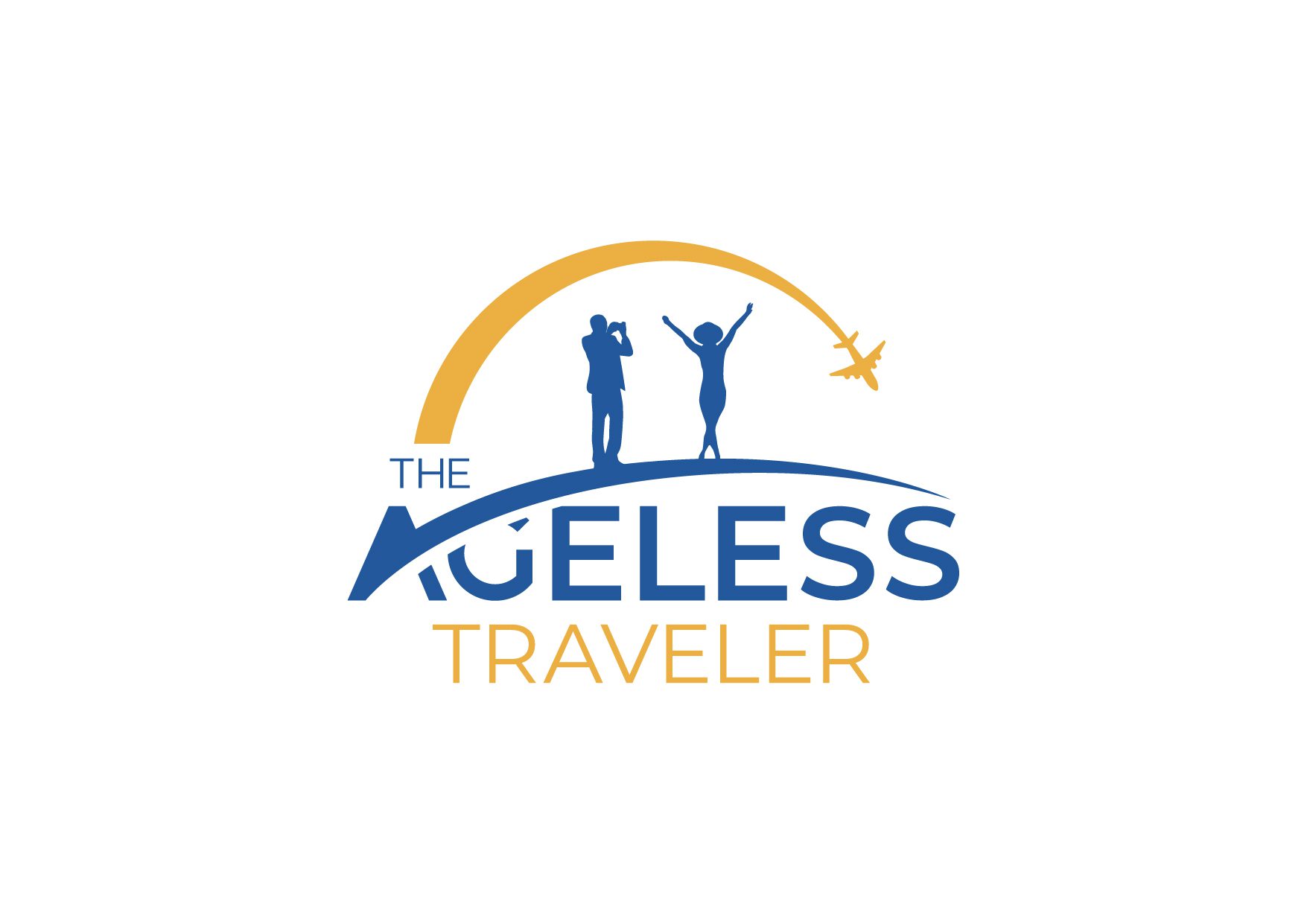Understanding and Mitigating Travel Worries

A common theme expressed by individuals with dementia or their caregivers who wish to travel is the fear of unforeseen circumstances. Dr. Carol Sargent posits that this fear can be mitigated through proper planning and discussion. By understanding what exactly makes travelers nervous, Sargent can provide solutions tailored to their specific concerns. As she states, it’s about “unpacking what are the worries the caregiver has” and “the sorts of risks that people want to take.”
To illustrate, Sargent mentions that many are concerned about incontinence during travel, a topic seldom discussed openly, yet it’s a significant hindrance. She explains the options available, like using sports equipment designed for managing incontinence or arranging for incontinence pads to be available at the destination, thus reducing luggage load. This detailed planning and strategizing illustrate how sensitive matters can be practically addressed.
Get on our Ageless Traveler List for discounts on trips, products, and services.
Get early access to special trips so you never miss out on the deals you want.
Get invitations to unique events and happenings.
We will not send you annoying sales emails, will not share your information and will only alert you to worthwhile GOODIES!
Embracing Unique Travel Opportunities
For many, the joy of travel is a shared experiences, and Sargent emphasizes the importance of traveling with a companion for individuals with dementia. Not only does it provide reassurance, but having a companion allows them to share new experiences together and form lasting memories. When discussing travelers’ hesitations, Sargent notes, “it’s really unpacking what are the worries the caregiver has” and suggests having “a discussion around those things and identifying the different solutions that people could choose to take.”
One of the most notable success stories shared by Sargent involves a holiday facilitated for a young woman and her father, who had dementia. Post-travel, the daughter felt empowered and confident enough to take future trips with her father. This account underscores the profound impact that tailored travel solutions can have on individuals with cognitive challenges.
Collaborating with the Hospitality Industry for Inclusive Travel
Partnering with Hospitality for Tailored Experiences
A critical factor in successfully accommodating travelers with dementia lies in the responsiveness of the hospitality industry. Carol Sargent underscores the willingness of many hotels and travel services to go the extra mile to facilitate guests with unique needs. The service offerings can range from ensuring specific types of snacks are available to providing emergency plans in case any issues arise.
By asking hospitality providers for assistance and openly discussing their needs, travelers with dementia can enjoy holidays that cater to their specific requirements. Sargent’s approach is highly effective, demonstrating that “most places, if you ask, will do their utmost to help.”
Taking Advantage of Pre-Planned Services
Sargent points out that many travel-related services can alleviate the stress of unforeseen events for caregivers and those with dementia. We learn how adopting a pre-planning approach to travel can transform a daunting task into an enjoyable adventure. She advises “asking all the different questions of people that sometimes not comfortable in knowing answering yourself or asking.”
The conversation highlights the role of concierge services, local drivers, and travel companions in making travel with dementia not just feasible, but enjoyable. These services often become a pivotal component of the travel experience, ensuring safety, comfort, and enjoyment for all involved.
Recapping The Pivotal Shift in Travel for Dementia
In reflecting on Dr. Carol Sargent’s insights, major strides can be seen in how travel for caregivers and those with dementia is becoming increasingly feasible and enjoyable. Through intricate planning, partnership with the hospitality industry, and embracing unique travel opportunities, caregivers and individuals with cognitive challenges are finding new horizons.
Dr. Sargent’s stories highlight the resilience and triumph of travelers who have successfully navigated trips with cognitive challenges, inspiring hope and confidence in others. As more conversations unfold around this topic, the travel industry can continue to evolve, incorporating more adaptive services and experiences that cater to everyone’s needs.



